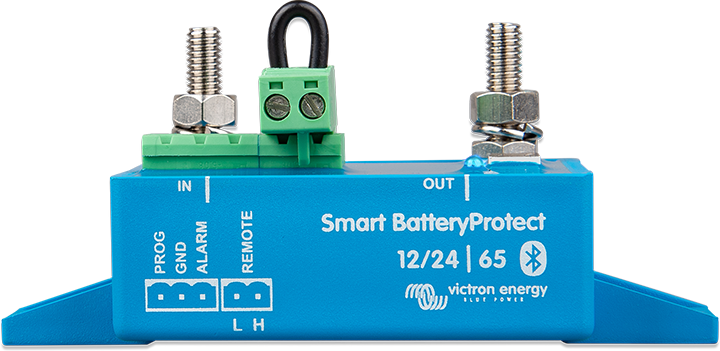I am looking for a BMS that meets ABYC recommendations. In particular, it needs to be able to trigger an alarm before it cuts off. The REC Active BMS does it, but holy ^&* it costs $1000 for the whole BMS system.
Is there anything like an Overkill BMS that has a way to trigger a light or alarm before disconnect?
Is there anything like an Overkill BMS that has a way to trigger a light or alarm before disconnect?



